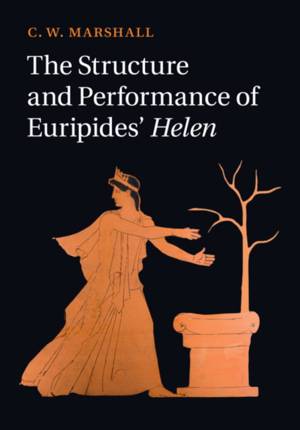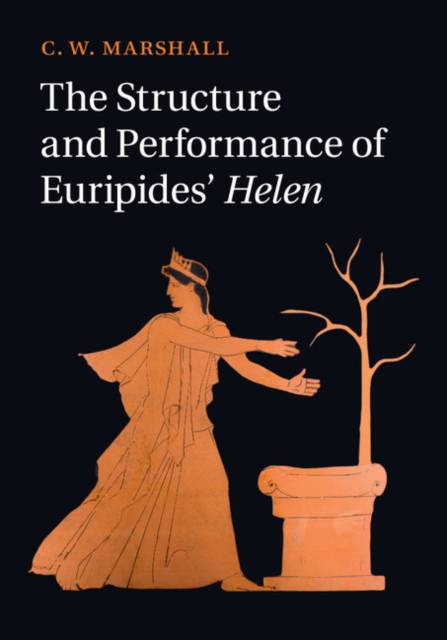
Bedankt voor het vertrouwen het afgelopen jaar! Om jou te bedanken bieden we GRATIS verzending (in België) aan op alles gedurende de hele maand januari.
- Afhalen na 1 uur in een winkel met voorraad
- In januari gratis thuislevering in België
- Ruim aanbod met 7 miljoen producten
Bedankt voor het vertrouwen het afgelopen jaar! Om jou te bedanken bieden we GRATIS verzending (in België) aan op alles gedurende de hele maand januari.
- Afhalen na 1 uur in een winkel met voorraad
- In januari gratis thuislevering in België
- Ruim aanbod met 7 miljoen producten
Zoeken
The Structure and Performance of Euripides' Helen
C. W. (University of British Columbia, Vancouver) Marshall
Hardcover
€ 125,95
+ 251 punten
Omschrijving
Using Euripides' play Helen as the main point of reference, C. W. Marshall expands our understanding of Athenian tragedy and Classical performance. The book focuses on structure to reveal how directorial decisions and the assumptions held by the ancient audience shape meaning in performance.
Specificaties
Betrokkenen
- Auteur(s):
- Uitgeverij:
Inhoud
- Aantal bladzijden:
- 336
Eigenschappen
- Productcode (EAN):
- 9781107073753
- Verschijningsdatum:
- 4/12/2014
- Uitvoering:
- Hardcover
- Afmetingen:
- 174 mm x 254 mm
- Gewicht:
- 754 g

Alleen bij Standaard Boekhandel
+ 251 punten op je klantenkaart van Standaard Boekhandel
Beoordelingen
We publiceren alleen reviews die voldoen aan de voorwaarden voor reviews. Bekijk onze voorwaarden voor reviews.









